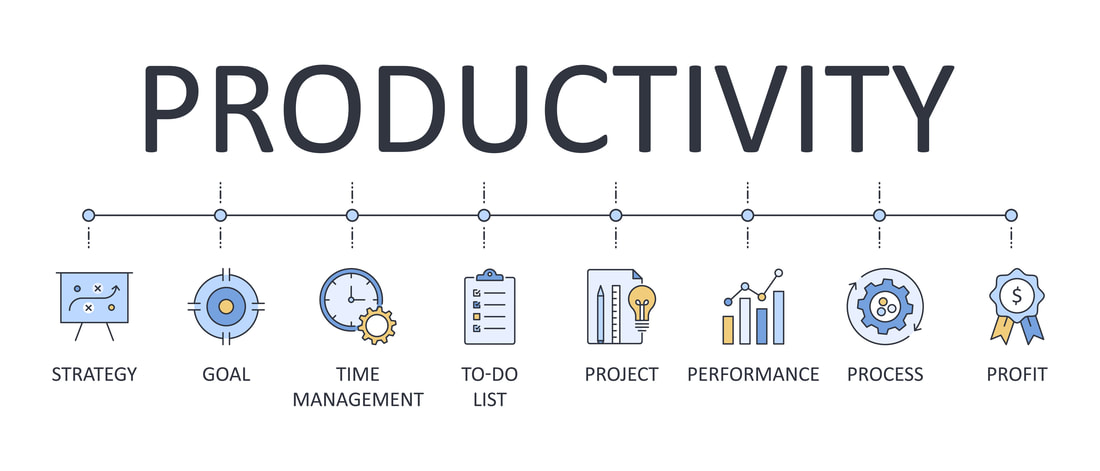Let’s delve into our top tips for keeping the momentum of company culture as your staff continue to work remotely, from virtual get togethers to workplace communications.
Culture - Is It Really That Important?
Businesses have faced many challenges over the course of the pandemic, from navigating sudden closures and changes due to social distancing restrictions, the subsequent financial pressures of wage subsidy schemes, redundancies and lay-offs, as well as the personal and mental impact of business owners. They could be forgiven for letting company culture slipped to the wayside.
But one year on, it’s time businesses accept these challenges and their impacts, and start knuckling down to get their organisations back on track.
As the Winter Lockdown continues, your employees may be struggling with the lack of social interaction as they continue to work remotely and live away from friends and family.
Their motivation and engagement will undoubtedly affect your business’ performance, interaction with customers and clients and in the long-term, your reputation. Maintaining and extending your company culture virtually is crucial to ensuring your colleagues feel connected to their teams and your business.
Company Culture Remotely: Top Tips
1. Team Calls… But Not Too Many
Video meetings and calls are crucial to maintaining basic communications between your colleagues and teams. While work chat platforms like Teams, Slack and Trello can be great for instant communication that we’ve had to transfer from conversations shared in office kitchens and cubicles, it can be difficult to get tone and meaning across in a message.
Organising daily or weekly check-in meetings with teams keeps everyone dialled into company activities and ensures management remains approachable to staff members. But remember - don’t organise too many team calls. Just like the dreaded ‘meeting could have been put in an email’ situation, sometimes a video call really isn’t needed. Don’t leave colleagues tied to their laptops back to back - try and find the right balance for your team calls.
2. Reward Culture
Everyone loves being rewarded for hard work - recognition and appreciation is key to motivating colleagues and keeping them engaged.
While your colleagues may not be in the office, this doesn’t mean you can’t reward them. Whether it’s as simple as a gift card through to work from home care packages, continue to promote a reward culture from home and your appreciation for your colleagues will be clear.
3. Back To Basics
Company culture starts at the basics - lunch time breaks, set work hours (where possible), full holiday leave.
Whilst remote working has brought a culture of flexible working to the mainstream, this has at times been to the detriment of traditional, basic working practices. As video calls are booked to the extreme, and workers juggle caring arrangements alongside their jobs, working hours can fluctuate with breaks falling through the seams. As people hold off booking annual leave in the hope of some form of vacation after restrictions ease, your staff can easily fall into a trap of becoming burnout quickly.
Get your company culture working right remotely by going back to basics - your business’ performance will thank you later!











 RSS Feed
RSS Feed